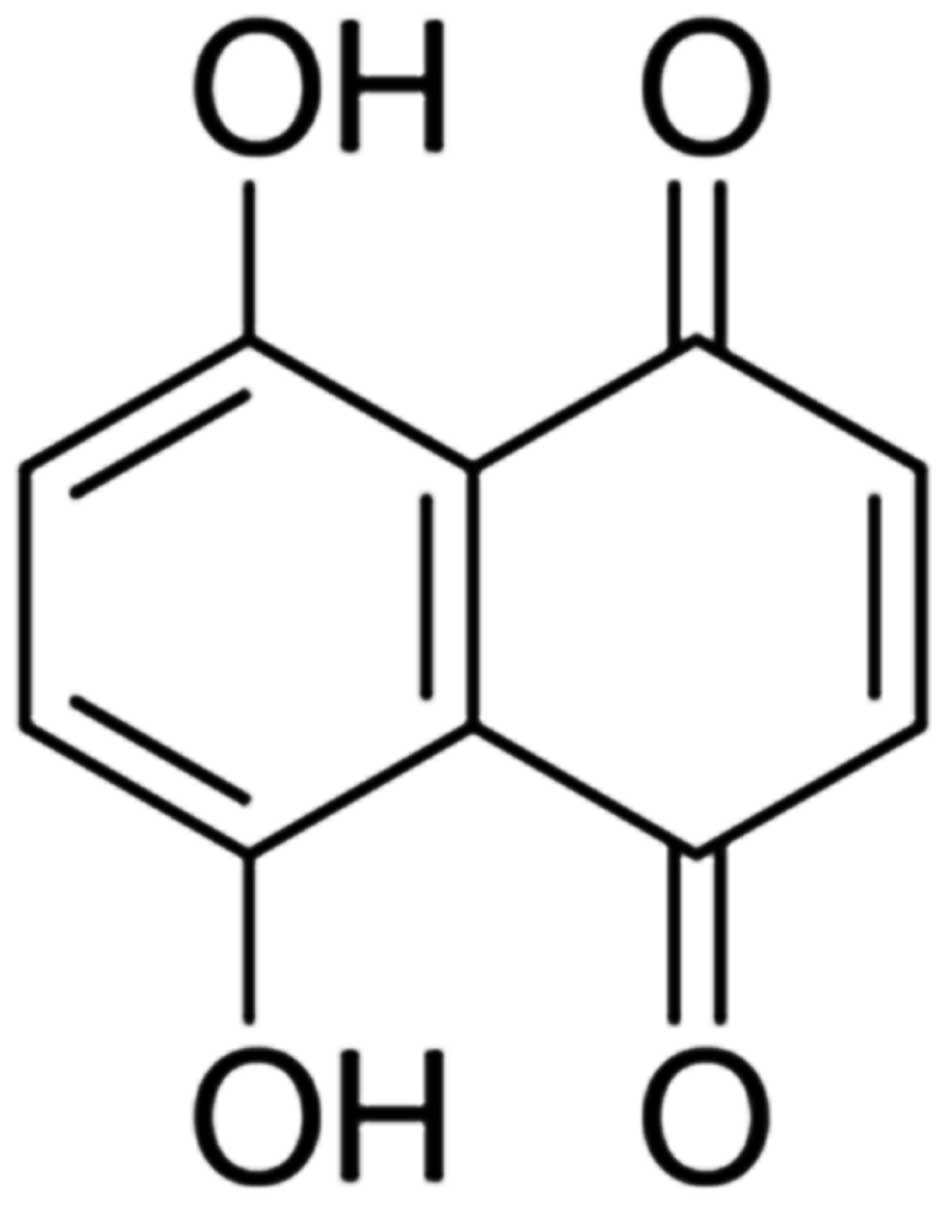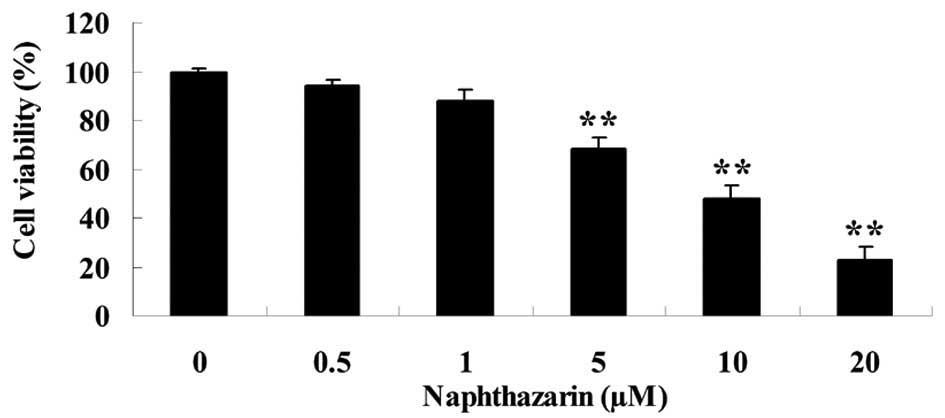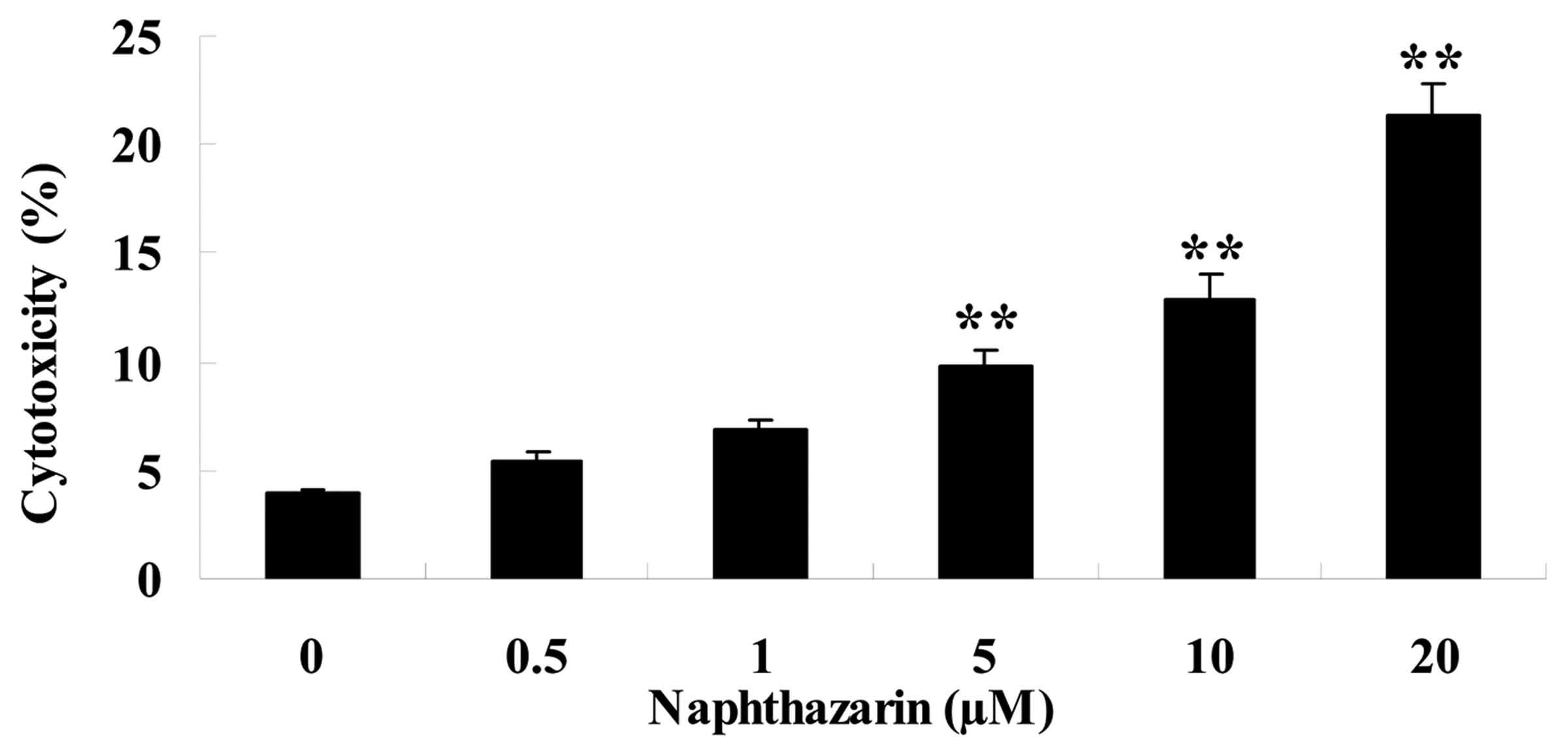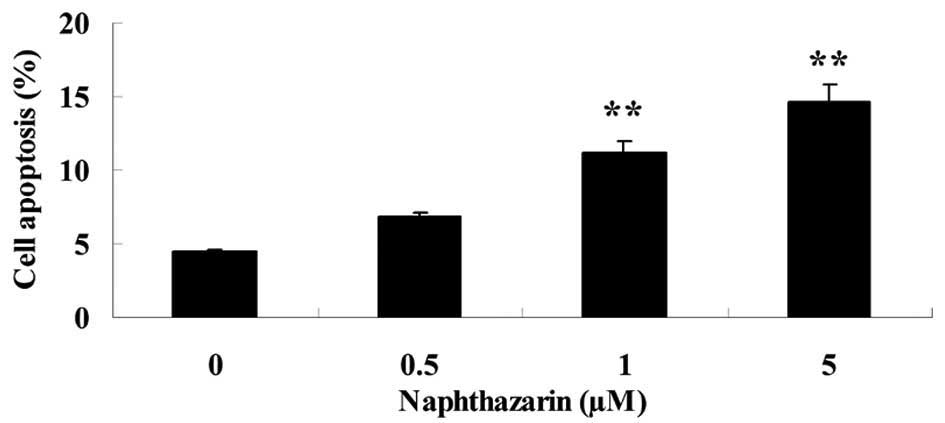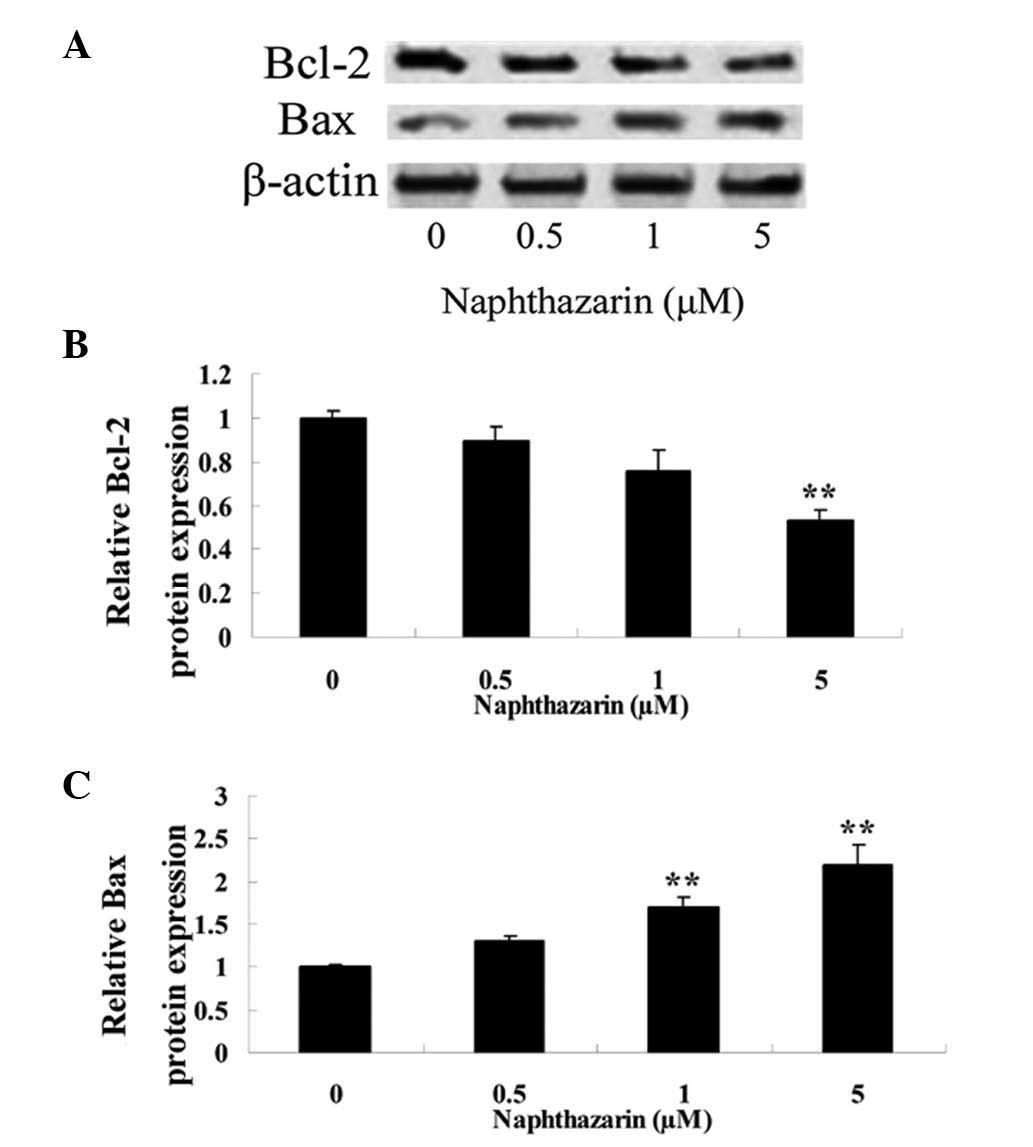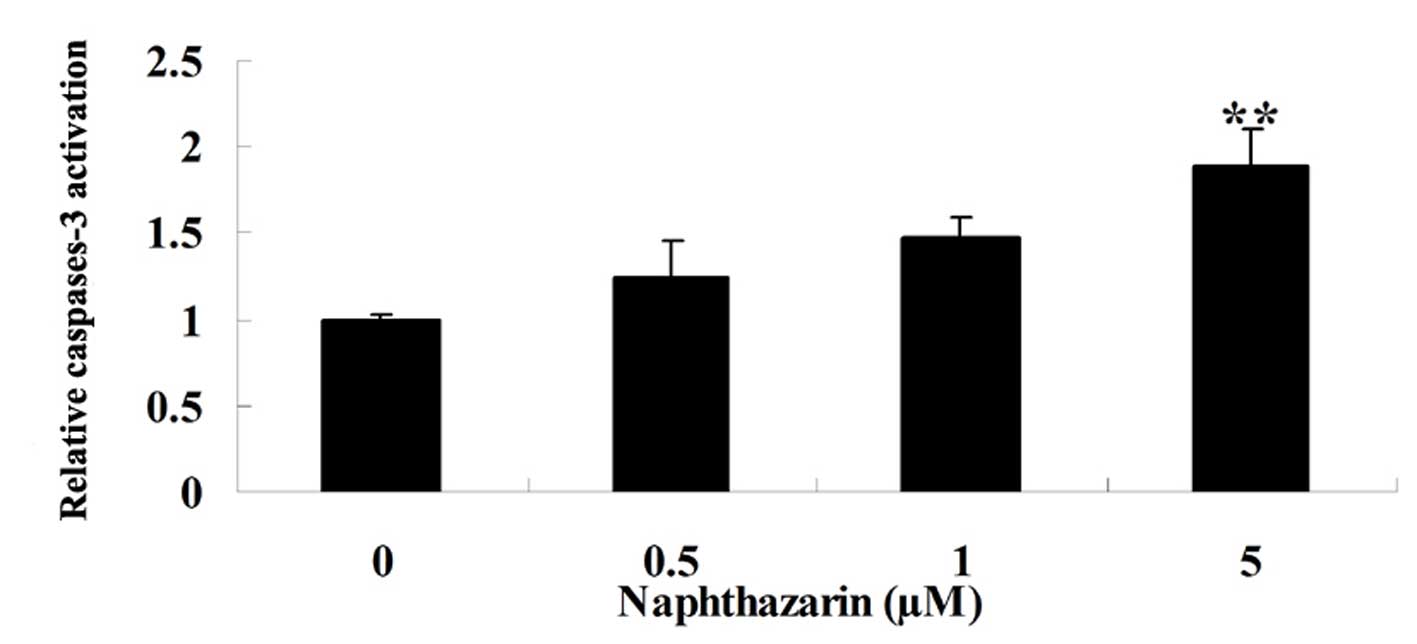|
1
|
Sakurai J, Matsui Y, Hiraki T, Iguchi T,
Fujiwara H, Gobara H, Mitsuhashi T, Nagasaka T and Kanazawa S:
Single center prospective phase II trial of CT-guided
radiofrequency ablation for pulmonary metastases from colorectal
cancer (SCIRO-1401). Acta Med Okayama. 70:317–321. 2016.PubMed/NCBI
|
|
2
|
Huang L, Xu Y, Cai G, Guan Z and Cai S:
Downregulation of S100A4 expression by RNA interference suppresses
cell growth and invasion in human colorectal cancer cells. Oncol
Rep. 27:917–922. 2012.PubMed/NCBI
|
|
3
|
Kanefendt F, Lindauer A, Kinzig M,
Strumberg D, Scheulen ME, Mross K, Fischer R, Moritz B, Sörgel F
and Jaehde U: Biomarker response on exposure to sunitinib and its
primary metabolite (SU12662) in metastatic colorectal cancer
patients. Int J Clin Pharmacol Ther. 49:88–90. 2011.PubMed/NCBI
|
|
4
|
Xu F, Xu L, Wang M, An G and Feng G: The
accuracy of circulating microRNA-21 in the diagnosis of colorectal
cancer: A systematic review and meta-analysis. Colorectal Dis.
17:O100–O107. 2015. View Article : Google Scholar : PubMed/NCBI
|
|
5
|
Su B, Xu B and Wan J: Correlation between
long-term aspirin use and F-fluorodeoxyglucose uptake in colorectal
cancer measured by PET/CT. PLoS One. 9:e1094592014. View Article : Google Scholar : PubMed/NCBI
|
|
6
|
Cai Q, Lin J, Wei L, Zhang L, Wang L, Zhan
Y, Zeng J, Xu W, Shen A, Hong Z and Peng J: Hedyotis diffusa Willd
inhibits colorectal cancer growth in vivo via inhibition of STAT3
signaling pathway. Int J Mol Sci. 13:6117–6128. 2012. View Article : Google Scholar : PubMed/NCBI
|
|
7
|
Josa V, Krzystanek M, Eklund AC, Salamon
F, Zarand A, Szallasi Z and Baranyai Z: Relationship of
postoperative thrombocytosis and survival of patients with
colorectal cancer. Int J Surg. 18:1–6. 2015. View Article : Google Scholar : PubMed/NCBI
|
|
8
|
Kim MY, Park SJ, Shim JW, Yang K, Kang HS
and Heo K: Naphthazarin enhances ionizing radiation-induced cell
cycle arrest and apoptosis in human breast cancer cells. Int J
Oncol. 46:1659–1666. 2015.PubMed/NCBI
|
|
9
|
Acharya BR, Bhattacharyya S, Choudhury D
and Chakrabarti G: The microtubule depolymerizing agent
naphthazarin induces both apoptosis and autophagy in A549 lung
cancer cells. Apoptosis. 16:924–939. 2011. View Article : Google Scholar : PubMed/NCBI
|
|
10
|
Choi SY, Son TG, Park HR, Jang YJ, Oh SB,
Jin B and Lee J: Naphthazarin has a protective effect on the
1-methyl-4-phenyl-1,2,3,4-tetrahydropyridine-induced Parkinson's
disease model. J Neurosci Res. 90:1842–1849. 2012. View Article : Google Scholar : PubMed/NCBI
|
|
11
|
Kim SJ, Kim HJ, Kim HR, Lee SH, Cho SD,
Choi CS, Nam JS and Jung JY: Antitumor actions of baicalein and
wogonin in HT-29 human colorectal cancer cells. Mol Med Rep.
6:1443–1449. 2012.PubMed/NCBI
|
|
12
|
Tatsumi S, Matsuoka H, Hashimoto Y, Hatta
K, Maeda K and Kamoshida S: Organic cation transporter 2 and tumor
budding as independent prognostic factors in metastatic colorectal
cancer patients treated with oxaliplatin-based chemotherapy. Int J
Clin Exp Pathol. 7:204–212. 2013.PubMed/NCBI
|
|
13
|
Liu Z, Huang Q, Liu G, Dang L, Chu D, Tao
K and Wang W: Presence of FOXP3(+)Treg cells is correlated with
colorectal cancer progression. Int J Clin Exp Med. 7:1781–1785.
2014.PubMed/NCBI
|
|
14
|
Shimizu D, Ishikawa T, Ichikawa Y, Togo S,
Hayasizaki Y, Okazaki Y, Danenberg PV and Shimada H: Prediction of
chemosensitivity of colorectal cancer to 5-fluorouracil by gene
expression profiling with cDNA microarrays. Int J Oncol.
27:371–376. 2005.PubMed/NCBI
|
|
15
|
Krützfeldt J, Rösch N, Hausser J,
Manoharan M, Zavolan M and Stoffel M: MicroRNA-194 is a target of
transcription factor 1 (Tcf1, HNF1α) in adult liver and controls
expression of frizzled-6. Hepatology. 55:98–107. 2012. View Article : Google Scholar : PubMed/NCBI
|
|
16
|
Dimou A, Syrigos KN and Saif MW:
Disparities in colorectal cancer in African-Americans vs Whites:
Before and after diagnosis. World J Gastroenterol. 15:3734–3743.
2009. View Article : Google Scholar : PubMed/NCBI
|
|
17
|
Mehrabani D, Shamsdin SA, Dehghan A and
Safarpour A: Clinical significance of serum vascular endothelial
growth factor and complement 3a levels in patients with colorectal
cancer in southern Iran. Asian Pac J Cancer Prev. 15:9713–9717.
2014. View Article : Google Scholar : PubMed/NCBI
|
|
18
|
Kim MY, Park SJ, Shim JW, Yang K, Kang HS
and Heo K: Naphthazarin enhances ionizing radiation-induced cell
cycle arrest and apoptosis in human breast cancer cells. Int J
Oncol. 46:1659–1666. 2015.PubMed/NCBI
|
|
19
|
Kim JA, Lee EK, Park SJ, Kim ND, Hyun DH,
Lee CG, Lee JH, Yang KM, Heo K and Son TG: Novel anti-cancer role
of naphthazarin in human gastric cancer cells. Int J Oncol.
40:157–162. 2012.PubMed/NCBI
|
|
20
|
Sung B, Kang YJ, Kim DH, Hwang SY, Lee Y,
Kim M, Yoon JH, Kim CM, Chung HY and Kim ND: Corosolic acid induces
apoptotic cell death in HCT116 human colon cancer cells through a
caspase-dependent pathway. Int J Mol Med. 33:943–949.
2014.PubMed/NCBI
|
|
21
|
Hochster H, Wadler S, Runowicz C, Liebes
L, Cohen H, Wallach R, Sorich J, Taubes B and Speyer J: Activity
and pharmacodynamics of 21-Day topotecan infusion in patients with
ovarian cancer previously treated with platinum-based chemotherapy.
New York Gynecologic Oncology Group. J Clin Oncol. 17:2553–2561.
1999.PubMed/NCBI
|
|
22
|
Eng C, Bessudo A, Hart LL, Severtsev A,
Gladkov O, Müller L, Kopp MV, Vladimirov V, Langdon R, Kotiv B, et
al: A randomized, placebo-controlled, phase 1/2 study of tivantinib
(ARQ 197) in combination with irinotecan and cetuximab in patients
with metastatic colorectal cancer with wild-type KRAS who have
received first-line systemic therapy. Int J Cancer. 139:177–186.
2016. View Article : Google Scholar : PubMed/NCBI
|
|
23
|
Prasad S, Yadav VR, Sung B, Reuter S,
Kannappan R, Deorukhkar A, Diagaradjane P, Wei C,
Baladandayuthapani V, Krishnan S, et al: Ursolic acid inhibits
growth and metastasis of human colorectal cancer in an orthotopic
nude mouse model by targeting multiple cell signaling pathways:
Chemosensitization with capecitabine. Clin Cancer Res.
18:4942–4953. 2012. View Article : Google Scholar : PubMed/NCBI
|
|
24
|
Dastjerdi MN, Rarani MZ, Valiani A and
Mahmoudieh M: The effect of adenosine A1 receptor agonist and
antagonist on p53 and caspase 3, 8, and 9 expression and apoptosis
rate in MCF-7 breast cancer cell line. Res Pharm Sci. 11:303–310.
2016. View Article : Google Scholar : PubMed/NCBI
|
|
25
|
Song J, Peng XL, Ji MY, Ai MH, Zhang JX
and Dong WG: Hugl-1 induces apoptosis in esophageal carcinoma cells
both in vitro and in vivo. World J Gastroenterol. 19:4127–4136.
2013. View Article : Google Scholar : PubMed/NCBI
|
|
26
|
Chudecka-Głaz AM, Cymbaluk-Płoska AA,
Menkiszak JL, Sompolska-Rzechuła AM, Toloczko-Grabarek AI and
Rzepka-Górska IA: Serum HE4, CA125, YKL-40, bcl-2, cathepsin-L and
prediction optimal debulking surgery, response to chemotherapy in
ovarian cancer. J Ovarian Res. 7:622014. View Article : Google Scholar : PubMed/NCBI
|















